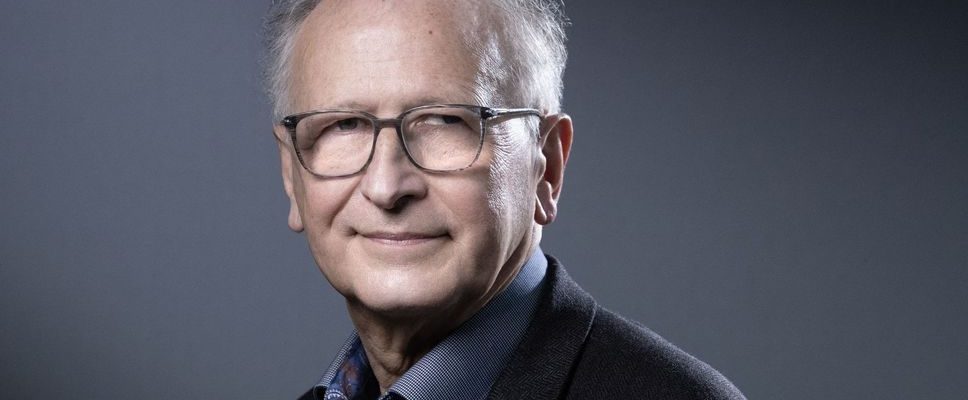Covid pandemic, city policy, energy choices, climate, water resources, soils, forests, biodiversity, digital, artificial intelligence, genomics applications, embryo, science education… This long list, although not exhaustive, enumerates as many political themes for which scientific expertise based on the analysis of knowledge and its limits is essential. Is there, basically, any area that does not require such an assessment? Expertise, to be efficient, must be able to rely on scientific research, both fundamental and applied, even if the time scales are different. Thus, the course of the Covid pandemic and the public health decisions taken were critically influenced by the development of RNA vaccines and mathematical models of its evolution. And, of course, the contexts, acute crisis or not, impact the modalities of this expertise.
So how can we think about the place of scientific expertise with political decision-makers? A few principles are essential: firstly, scientists must in no way replace politicians. We don’t need a “savantocracy”. And it is perfectly acceptable that other considerations, for example of an economic or political nature, may carry the decision. Then, the expertise must be collective, interdisciplinary, and must in particular integrate the dimension of the human and social sciences; it involves positioning questions as far upstream as possible, collecting knowledge and uncertainties, developing response scenarios based on modelling, and finally implementing impact measurement decisions. From my point of view, this work must be based on the risk-benefit analysis rather than on the precautionary principle. As a corollary, the effectiveness of the expertise implies the legitimacy – therefore the competence – of the experts, their independence, the trust between experts and politicians based on an adequate capacity for communication and a shared language. The work must be carried out with complete integrity and transparency while preserving the plural and possibly contradictory nature of the expertise.
The lack of scientific culture of politicians, and of political culture of scientists
Let’s not hide it, there are a series of obstacles to this proper functioning: the scientific culture of decision-makers and those around them – the advisers – is on average very insufficient, a situation inherent in initial training devoid of scientific input: one does not don’t talk about science at the INSP (ex-ENA) or at HEC. Conversely, scientists have little knowledge of political issues and are too often afraid to get involved. Understandably, the political world most often reasons in the short term, and is sensitive to the convictions that run through our society, which are far from all being scientifically substantiated!
In practice, it is desirable that scientific experts in their function of warning and advice be placed close to the decision-makers, at all levels of the executive and legislative powers. This model works quite well in the Anglo-Saxon world, from Canada to New Zealand. And terms may vary. The academies constitute a breeding ground of experts which should be able to be mobilised, they were created to do this!
The triptych experts, citizens and decision-makers for better decisions
The place of science in political decision-making is a consubstantial notion of the place of science in society. This question cannot be ignored, whether we are talking about the scientific culture of decision-makers or that of citizens. The growing gap in knowledge between experts and citizens and the rise of a certain relativism according to which scientific knowledge is an opinion like any other must be taken into account.
In addition to the implementation of initiatives intended to promote scientific culture through the media, at least of public service, it is necessary to encourage the early education of children in experimental practice, as is done so well by the Hands-on Foundation, culture houses and museums. It also seems to me that the wise use of citizen consultations as mediating bodies between scientists, political decision-makers and citizens represents a relevant option. In fact, a functional interface between science and policy must be threefold and involve experts, decision-makers and citizens.
* Alain Fischer is President of the Academy of Sciences, Emeritus Professor at the College de France and co-founder of the Institute of Genetic Diseases (Imagine).
